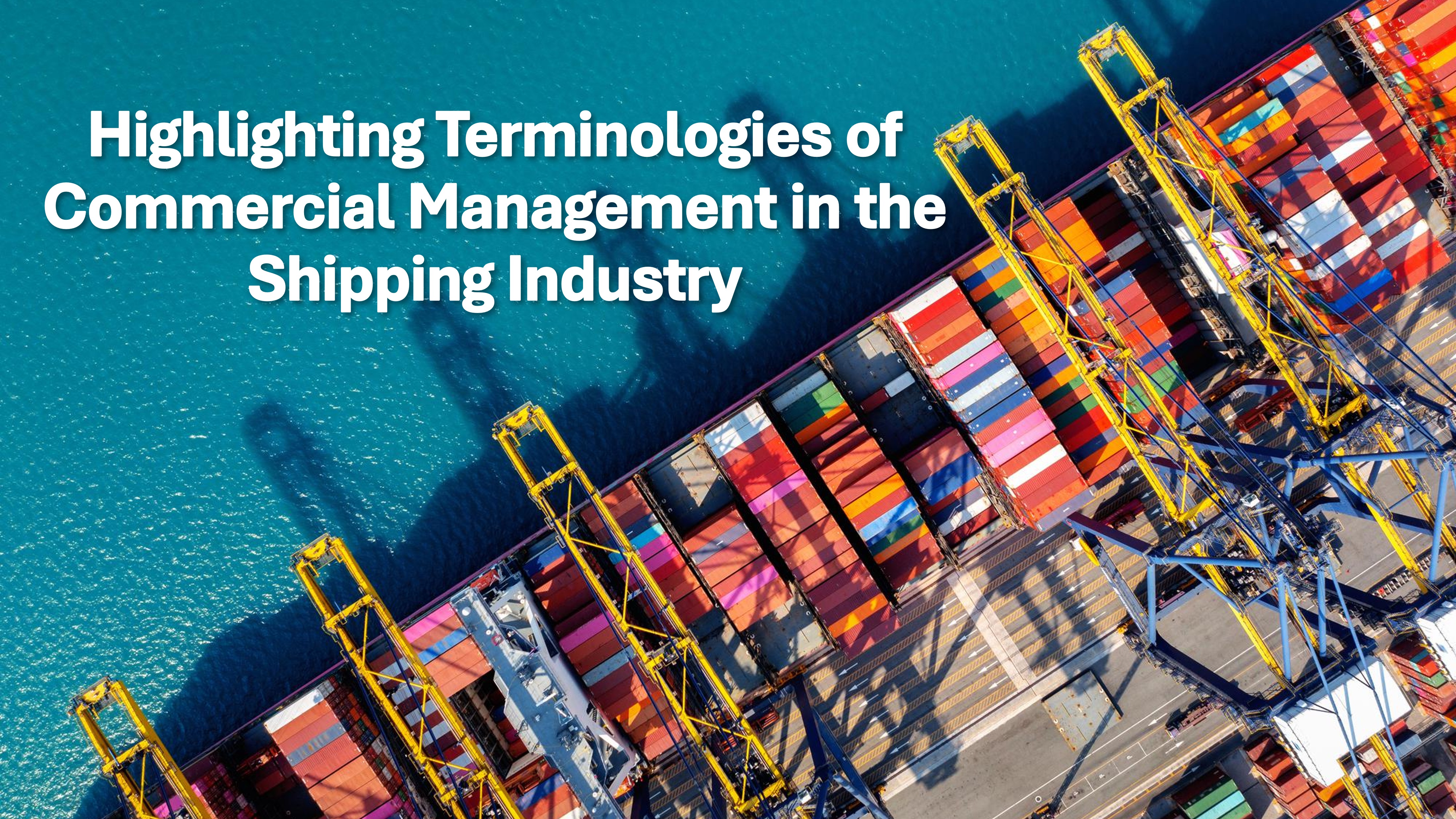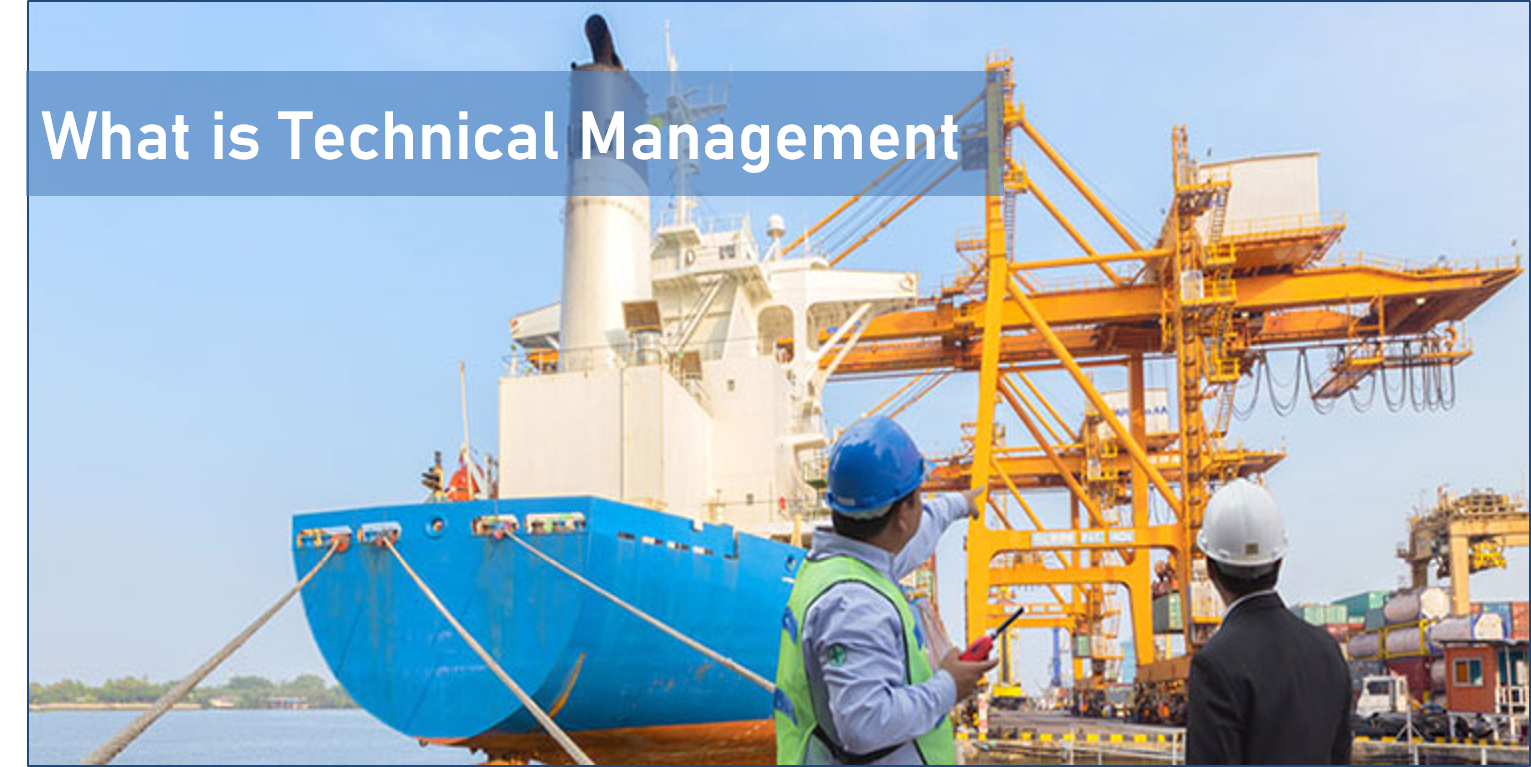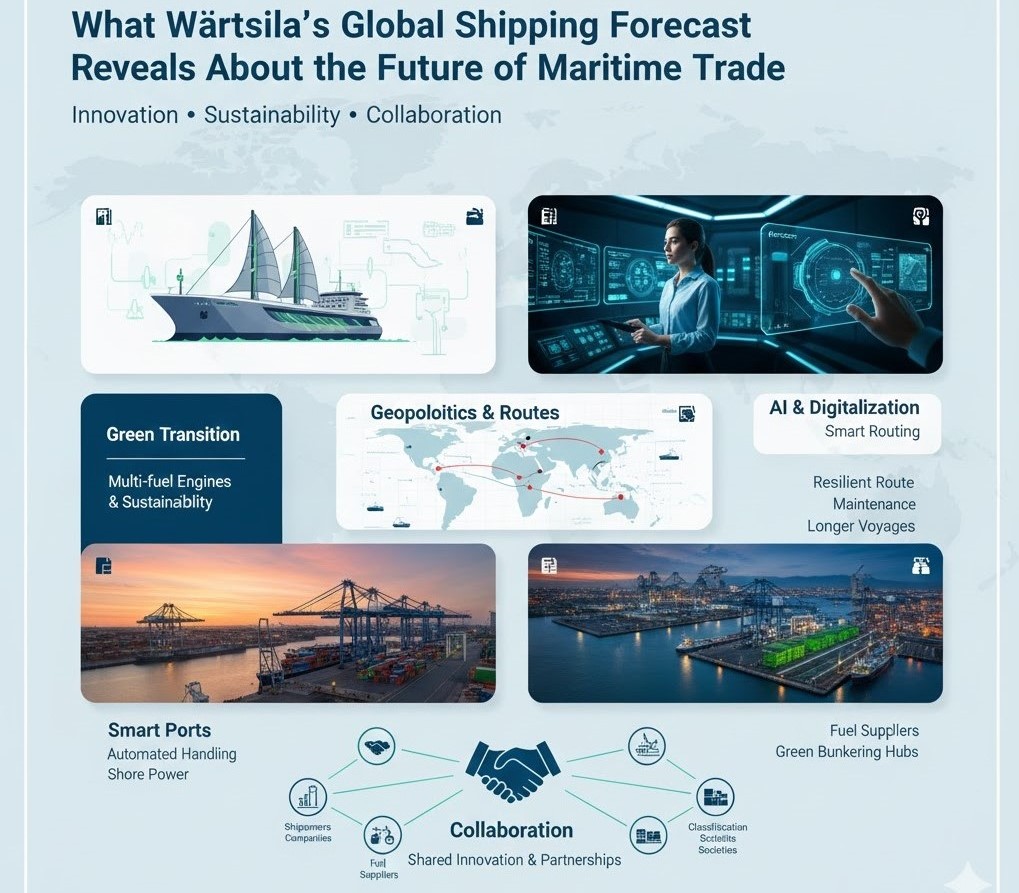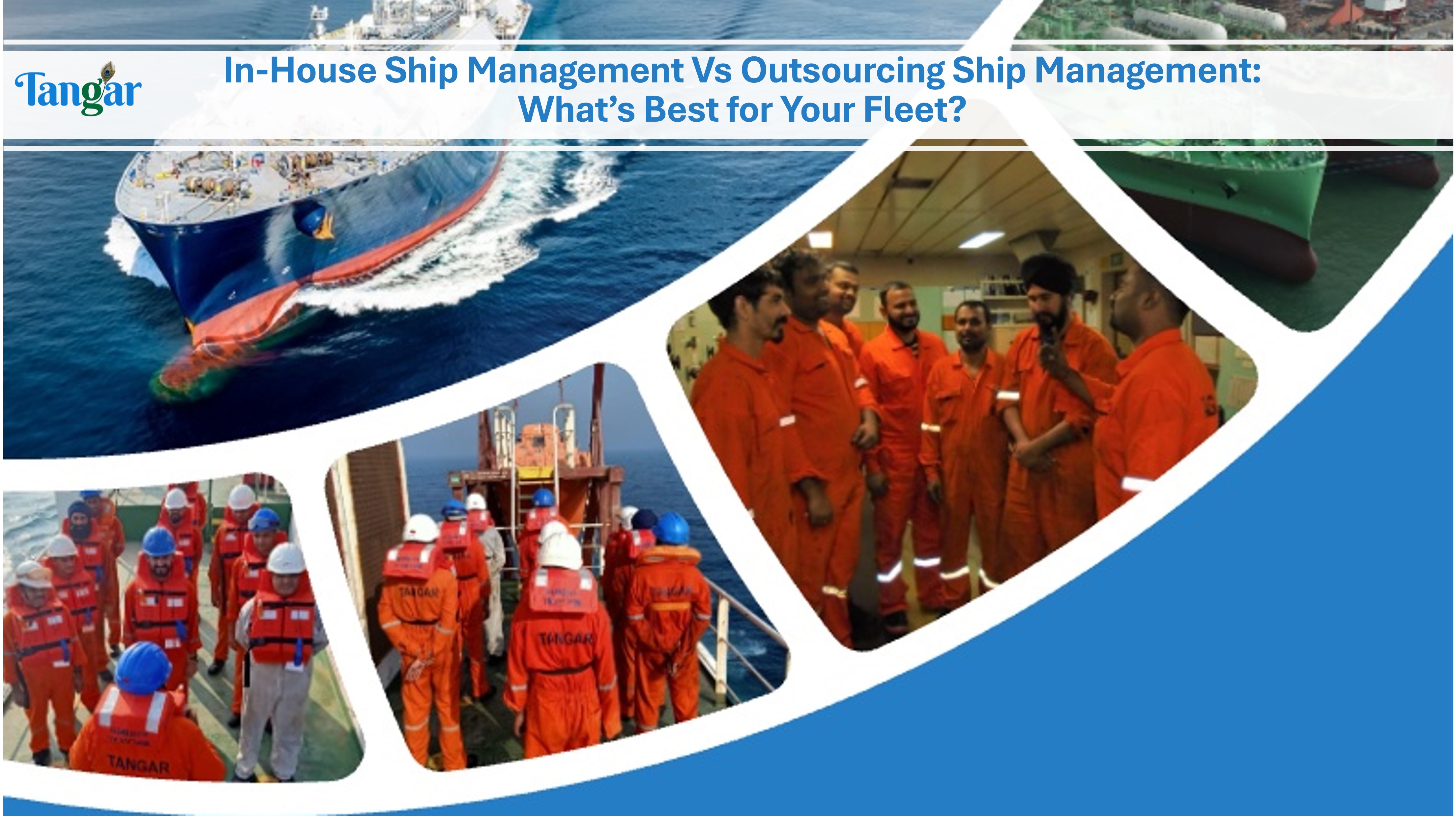
Eco-Friendly Ships: Pioneering the Green Revolution in Fuel Efficiency and Emission Reduction
Eco-Friendly Shipping: Driving Sustainability in Maritime Operations
The Need for Green Shipping
The shipping industry is embracing sustainability to comply with stricter regulations and address environmental concerns. This transition is especially critical for sectors like oil and gas logistics, where efficiency and emission reduction are top priorities.
Why Sustainability Matters
Maritime transport is a major contributor to carbon emissions, ocean pollution, and air contamination. Regulations such as IMO 2020 mandate lower emissions, making green technology adoption essential. Advancements in LNG, hydrogen fuel, wind propulsion, and AI-driven systems help cut emissions, lower operational costs, and maintain compliance. Companies that fail to adapt may face penalties, increased fuel costs, and lost business opportunities.
The Advantages of Eco-Friendly Ship Designs
Sustainable ships reduce their environmental impact while improving operational efficiency. They minimize carbon emissions, conserve fuel, and protect marine life, ensuring long-term cost benefits and regulatory adherence.
1. Environmental Benefits
-
Lower Emissions: Utilizing LNG, hydrogen fuel, and wind propulsion helps reduce greenhouse gases and combat climate change.
-
Preserving Marine Ecosystems: Advanced wastewater treatment and eco-friendly fuels prevent oil spills and chemical contamination.
-
Less Noise Pollution: Hybrid and electric propulsion minimizes underwater noise, reducing harm to marine life.
2. Economic Benefits
-
Reduced Fuel Expenses: Innovative hull designs, air lubrication, and renewable energy lower fuel consumption.
-
Improved Efficiency: AI-driven route optimization boosts performance and minimizes maintenance costs.
-
Long-Term Savings: While initial investments may be high, green ships offer financial advantages over time.
3. Regulatory Compliance & Competitive Edge
-
Meeting Global Standards: Adhering to IMO regulations helps companies avoid fines and operational restrictions.
-
Strengthened Market Position: Sustainable fleets attract investors, eco-conscious clients, and industry partners.
4. Technological Progress
-
Alternative Fuels: The use of hydrogen, ammonia, and biofuels moves the industry toward zero-emission operations.
-
AI & Automation: Smart monitoring tools optimize fuel consumption and maintenance schedules.
5. Societal & Trade Impact
-
Healthier Port Communities: Lower emissions improve air quality in coastal areas.
-
Job Growth in Green Tech: Increased demand for sustainable shipbuilding creates new employment opportunities.
Consequences of Ignoring Sustainability
Continuing reliance on fossil fuels leads to increased emissions, regulatory challenges, and rising costs. Companies that delay adopting green shipping solutions risk financial and operational drawbacks.
1. Environmental Consequences
-
Rising CO2 Emissions: Without sustainable solutions, shipping emissions could reach 17% of global totals by 2050.
-
Severe Ocean Pollution: Traditional vessels release harmful waste, endangering marine life.
-
Declining Air Quality: Emissions of sulfur and nitrogen oxides contribute to acid rain and health issues in port cities.
2. Increased Costs & Penalties
-
Rising Fuel Prices: Fossil fuel costs fluctuate and are expected to increase.
-
Higher Maintenance Expenses: Older, inefficient ships demand frequent repairs and operational downtime.
-
Regulatory Fines: Failure to meet IMO and EU emission standards can result in financial penalties and restricted port access.
3. Loss of Market Relevance
-
Preference for Green Fleets: Cargo owners prioritize sustainability, reducing demand for non-compliant vessels.
-
Investor & Customer Expectations: Businesses ignoring environmental concerns may lose funding and market credibility.
4. Long-Term Risks
-
Depleting Fossil Fuel Supplies: Traditional fuel sources are becoming scarcer and costlier.
-
Technological Lag: As industries move toward cleaner energy, outdated shipping technology may become unviable.
Embracing a Sustainable Future
Green shipping is essential for profitability, compliance, and competitiveness. Investing in LNG, hydrogen, wind propulsion, and AI-powered efficiency ensures long-term success. Companies leading the shift toward sustainability will thrive, while those resistant to change risk financial penalties and obsolescence. The future of maritime transport is sustainable, innovative, and vital for environmental preservation.










